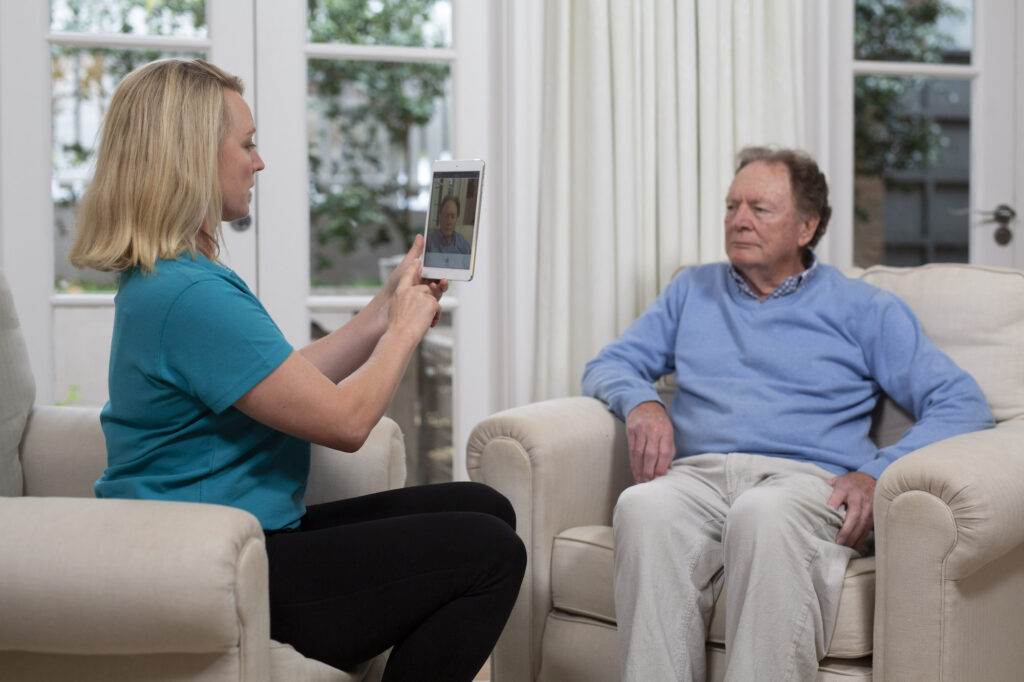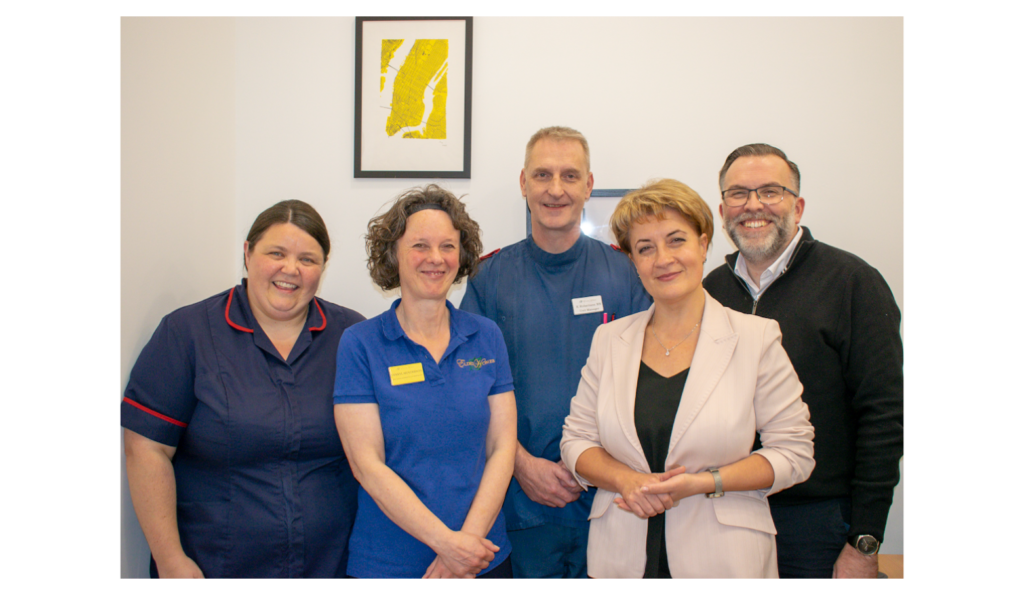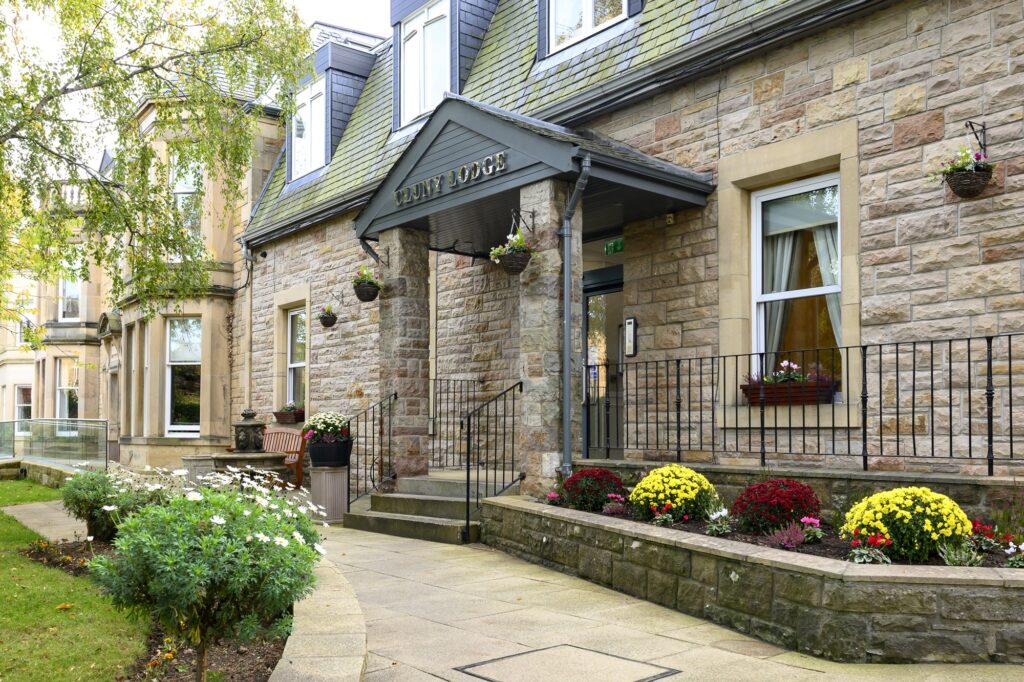Pain monitoring technology helps gives residents a voice

TWO FAMILY-run Edinburgh care homes are at the leading-edge of artificial intelligence (AI) – having implemented new technology that assesses tiny changes in expressions to understand residents’ pain and comfort levels.
One of Scotland’s top rated care home groups, Elder Homes Ltd has adopted PainChek’s technology across its two care homes in Edinburgh to assist staff in assessing pain levels for its 90+ residents.
PainChek uses AI facial recognition to analyse facial expressions from a smart device’s camera. It detects pain indicators like grimaces and winces and guides caregivers through observing other pain behaviours like vocalisations and movements resulting in an overall pain score to help monitor the effectiveness of pain management over time.
The app aims to improve the quality of life for those with cognitive difficulties who may struggle to communicate their discomfort, such as people living with Alzheimer’s and dementia.
Residents and staff at Elder Homes have been using the app since July 2022, which has resulted in better pain detection and treatment, reduced reliance on pain medication as well as more accurate treatment plans.
Cheryl Henderson, Education and Dementia Coordinator at Elder Homes has been spearheading the implementation of PainChek, while ensuring relevant members of staff are trained to care for residents diagnosed with dementia.

Commenting on the success of PainChek, she said: “Treating our residents with dignity is one of our key aims. We want to ensure all residents feel at home, whilst receiving the highest standard of care.
“Using this technology, and other technologies across our homes has been extremely rewarding. We’re excited to see how the use of technology continues to develop and the benefits it can bring to care home residents across Scotland.”
The care home also utilises other innovative technologies including electronic medication system which assist in monitoring medication given to residents, and electronic charting.
PainChek is currently being used in 18 care homes across Scotland, as well as forming a pillar of the Care Inspectorate’s Quality Improvement Plan which sees a further 15 care homes trialling the tech.

PainChek’s Head of Business Development UK&I Tandeep Gill said: “Our latest figures reflect the value and impact of the PainChek technology in UK care homes and worldwide.
“Reaching over three million pain assessments is a real milestone for us – each one brings more objectivity and consistency to evaluating pain, whilst making a difference to care home residents and enhancing their quality of life.
“We’re delighted to see staff at Elder Homes leading the way in adopting PainChek and embracing innovation to improve pain assessment and deliver person-centered care.
“By achieving positive outcomes for care home residents and the care staff involved in the Care Inspectorate trial, we hope to gain the opportunity for a broader government-funded rollout across Scotland.”
Founded in Australia in 2016, PainChek is the world’s first regulatory cleared medical device for the assessment of pain, enabling best-practice pain management for people living with pain in any environment, from those who cannot reliably self-report their pain, to those who can, and for those whose ability to self-report their pain fluctuates.
Cluny Lodge was recently awarded top marks in a recent Care Inspectorate inspection for supporting its resident’s wellbeing.
The two Morningside care homes are currently home to 90 residents, who come from a range of backgrounds, all of which receive 24-hour care who according to the Care Inspectorate are receiving the best care possible.
Driven by a personal need for exceptional later in life care, Loren and Julie Hufstetler established the family-run Elder Homes in 1984. For almost 40 years, Elder Homes has provided individualised support and compassionate service to seniors requiring assistance with daily living.
To find out more about Elder Homes, please visit: https://www.carehomeedinburgh.co.uk/

